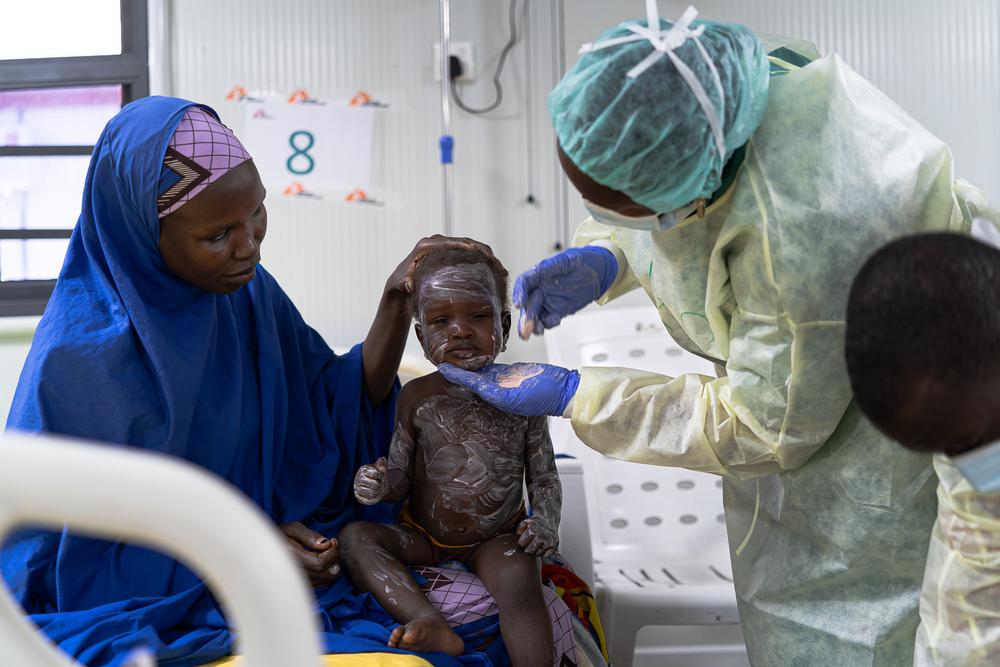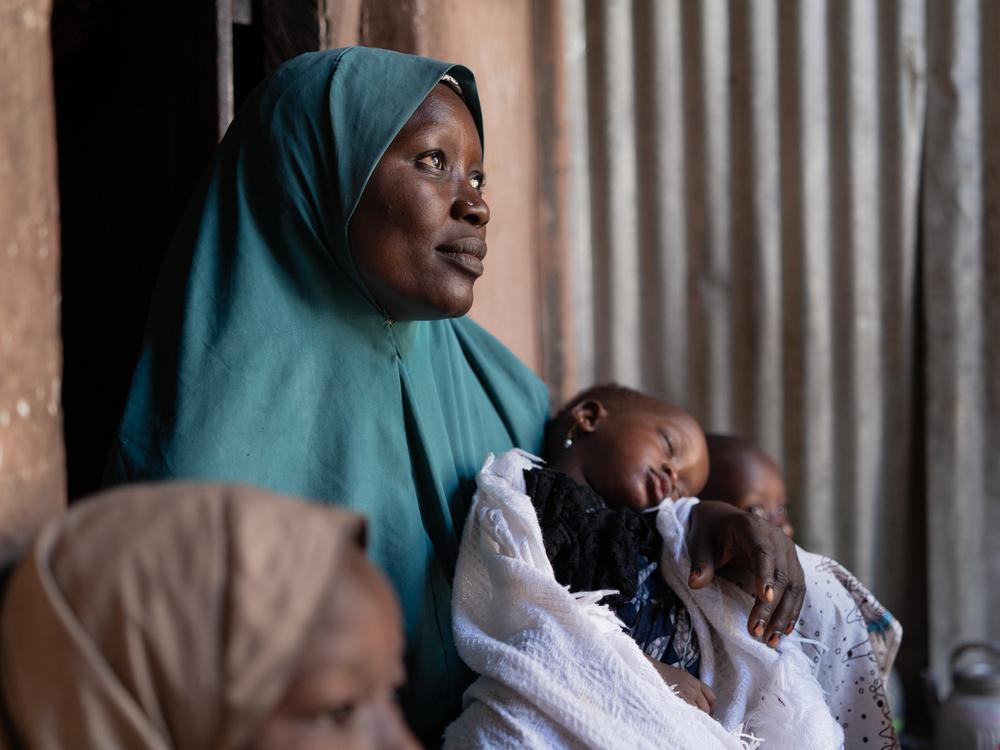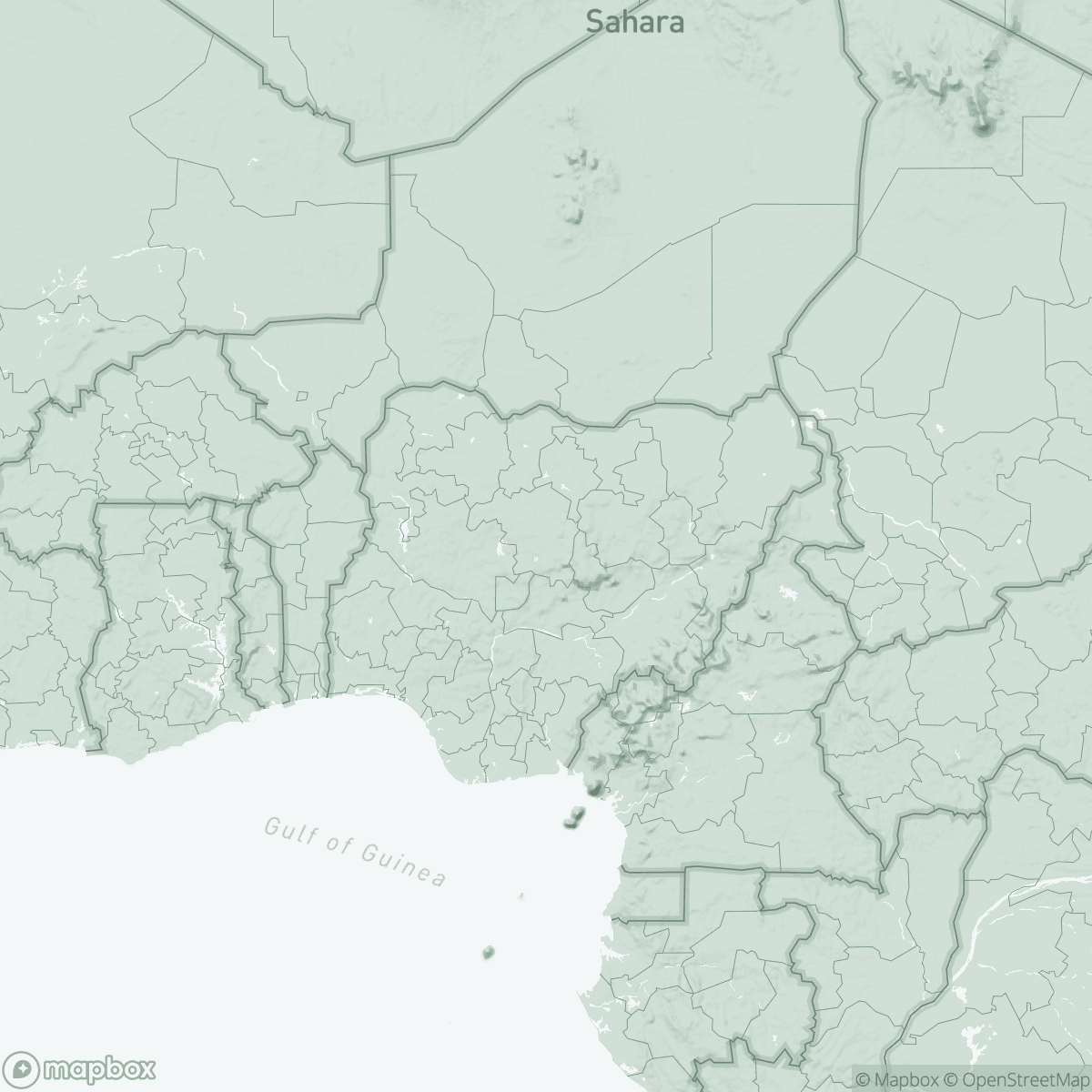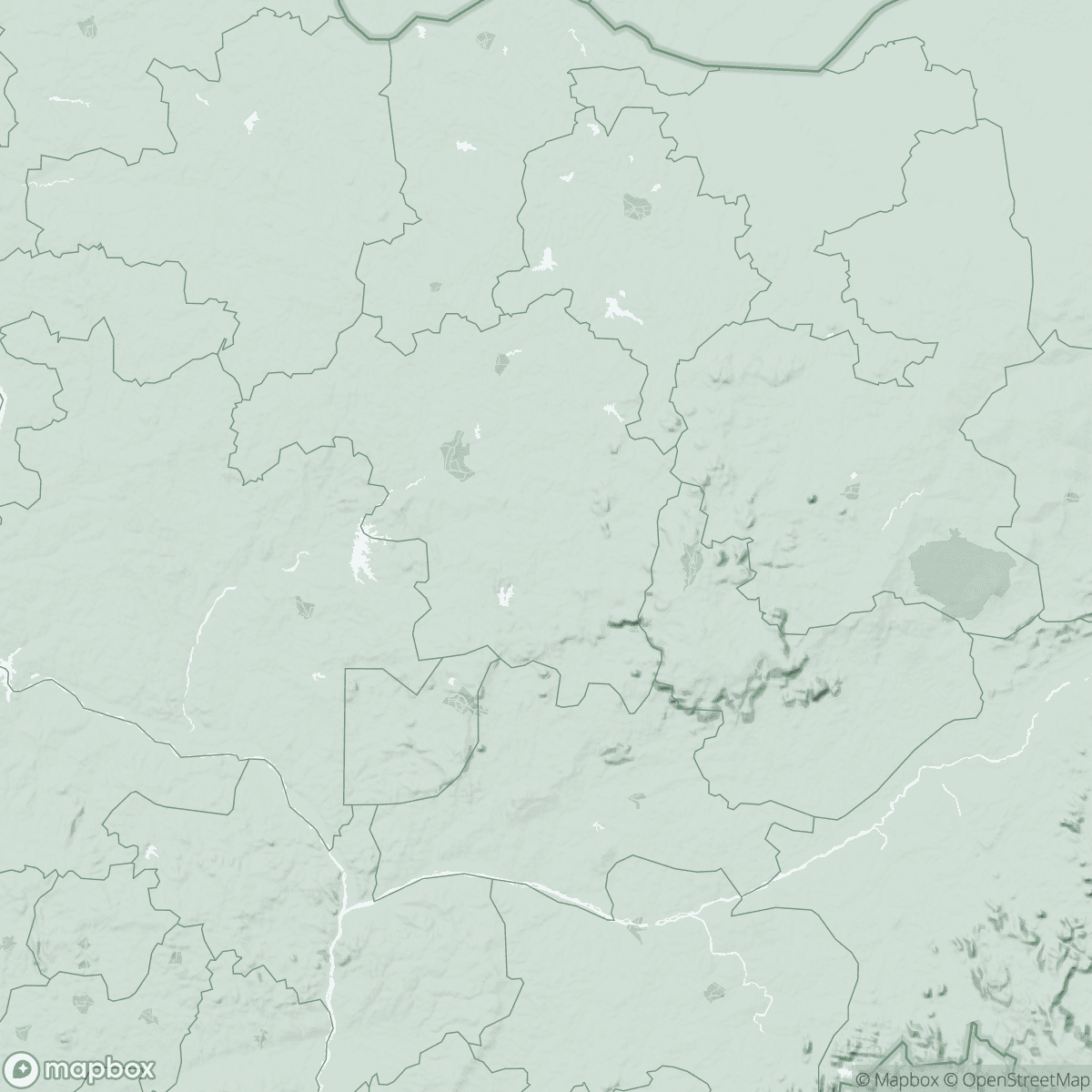
Measles-related admissions reach record at MSF facilities in Maiduguri
In 1 click, help us spread this information :
In 2023, MSF teams treated a total of 9,618 patients with measles in both of its healthcare facilities - Gwange Paediatric Hospital and Nilefa Kiji nutrition hospital – and in MSF-supported primary healthcare (PHC) centres in Maiduguri. “We did not expect such a large influx of patients, particularly at the end of the year” explains Abdulwahab Mohamed, MSF medical coordinator, referring to the 3,965 patients treated from October to December, which represent almost three times more than for the same period in 2022.
Dr. Jombo Tochukwu-Okoli, MSF Medical Activity Manager at Gwange Paediatric Hospital, attributes this alarming rise in the number of cases to an inability of public health actors “to achieve the 95% vaccination rate, required to suppress measles”.
“This is notably due to the difficulties for the health workers in accessing rural communities surrounding Maiduguri”, Dr. Tochukwu-Okoli continues, as the insecurity has made vaccination campaigns a difficult endeavour.
This is not the only difficulty to achieve a higher vaccination coverage. The interruption of routine childhood vaccination during the Covid-19 pandemic has disrupted the health systems thus having a negative impact on the implementation of routine immunisations campaigns. Technical complications also lead to interruptions in the cold chain making the vaccine defective.
The measles spike coincides with an unprecedented diphtheria outbreak in Northern Nigeria and a longer-than-usual malaria season. The diphtheria outbreak, with 24,500 suspected cases and more than 600 deaths reported since it was officially declared in January 2023, is yet another strong indicator of the dramatic setback in routine immunisation programs and the lack of long-term efforts to increase vaccination coverage in the country.

In 2021, Maryam Umar’s son contracted measles. Aware of the danger the disease poses to young children, Maryam took the toddler to the MSF-run Gwange hospital in Maiduguri where he eventually died.
I was really scared and started crying when he had measles because [I knew] of the severity of the disease” the mother of six children recalls.
Last year, when her youngest daughter contracted measles, Maryam took no chances. She immediately brought her to Gwange hospital, where MSF staff operate two wards dedicated to treating measles. The toddler was discharged after one week of oxygen therapy.
Measles is one of the most contagious viral diseases in the world. Infecting the immune cells, the virus quickly spreads all over the body and eventually affects the respiratory system. This causes a cough that can spread the virus to others. “One infected child can spread the virus to between 9 and 12 other unvaccinated children” explains Dr. Tochukwu-Okoli. Although there is currently no specific cure to treat measles, there are life-saving drugs that can keep patients stable and prevent complications.
As the virus affects the immune system it can lead to serious complications long after measles is gone. This makes the virus so deadly as it leaves a child open to other, specifically diarrhoeal, diseases. Dr. Tochukwu-Okoli is worried about the significance of a measles spike in a context where malnutrition is so prevalent,
Measles is notorious for precipitating malnutrition” because of the degenerative impact the virus has on the gastrointestinal lining.
The diarrhoea, Dr. Tochukwu-Okoli, continues, “makes it difficult for the child to retain and absorb nutrients in the post measles phase, and purges the child of essential micronutrients further depressing a child’s immunity”.
In the Northeast of Nigeria, where access to nutritious food is seasonally limited, diseases like measles among other factors, leads to higher levels of malnutrition and creates a vicious cycle, as the malnourished status also leads to further immune suppression. In turn this generates greater morbidity and mortality linked to measles and other diseases.
The complex security situation in Northern Nigeria, significant funding cuts by international donors for Nigeria, and the continuous neglect of public health infrastructure is alarming. Considering the high prevalence of vaccine-preventable outbreaks, such as measles, diphtheria and meningitis, MSF is cautioning international and national stakeholders not to look away at what could be an oncoming perfect storm for a worsening of the humanitarian crisis in 2024.


